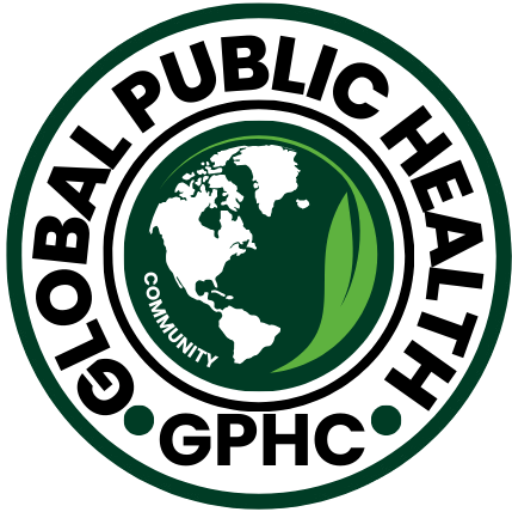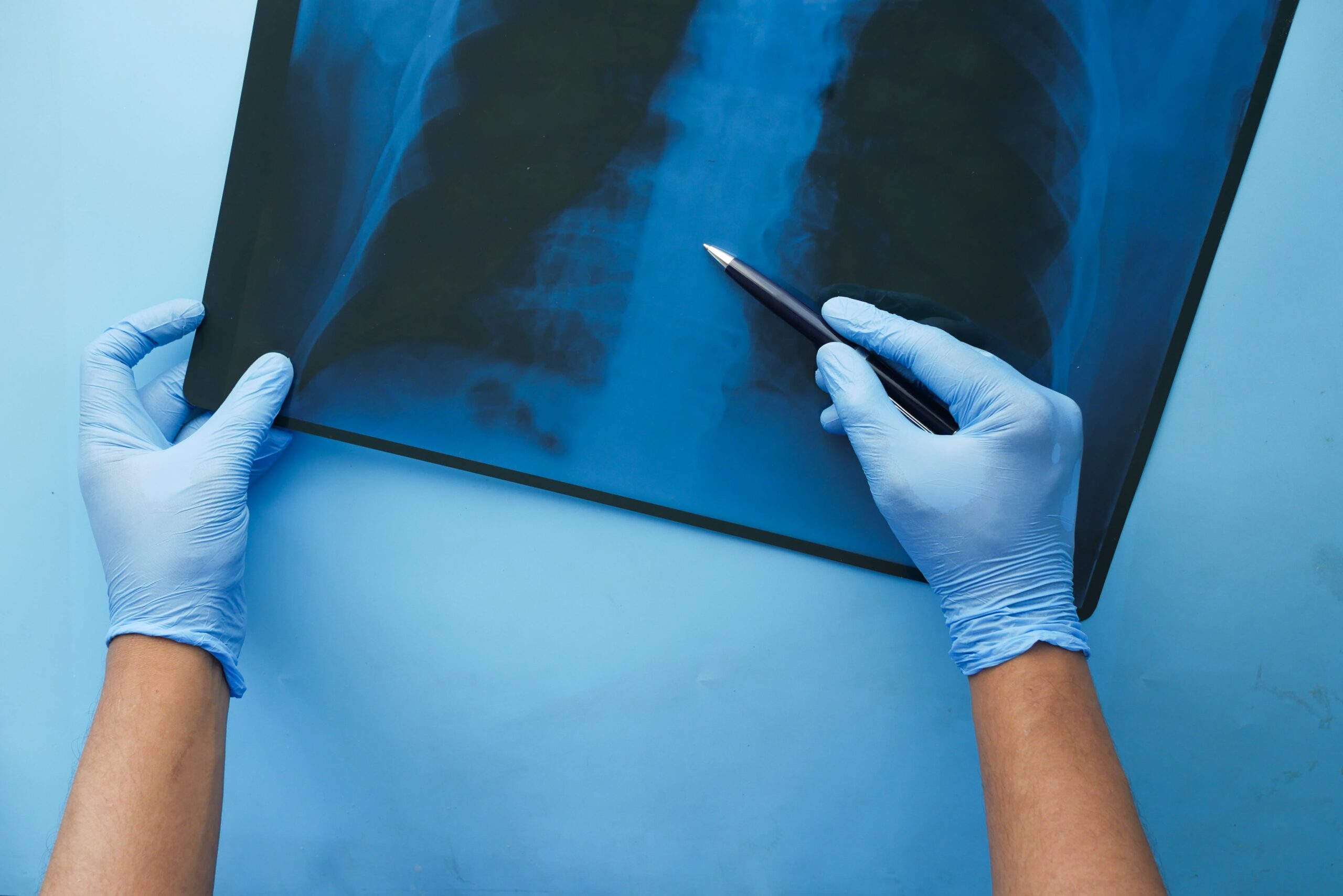Protect Your Lungs: Recognizing and Managing COPD Early

- Chronic Obstructive Pulmonary Disease, or COPD, is a leading cause of morbidity and mortality worldwide, yet it remains underdiagnosed and often misunderstood. During a discussion at the World Health Organization (WHO) headquarters, Dr. Sarah Rylance sheds light on the causes, symptoms, and treatments for this chronic respiratory condition, alongside Vismita Gupta-Smith (VGS).
What is COPD?
COPD refers to a group of chronic lung conditions that obstruct airflow and make breathing progressively difficult. Common forms of COPD include chronic bronchitis and emphysema:
- Chronic Bronchitis: Characterized by inflammation and swelling of the airways, often accompanied by excessive mucus production.
- Emphysema: Involves damage to the tiny air sacs at the end of the airways, trapping air in the lungs and causing a sense of fullness or breathlessness.
“Depending on which parts of the airways are affected, symptoms can vary from person to person,” Dr. Rylance explains.
Recognizing the Symptoms
COPD develops gradually, often starting with subtle symptoms that worsen over time:
- Breathlessness during physical activities, such as climbing stairs or walking uphill.
- Difficulty performing daily tasks like getting dressed or doing household chores.
- Persistent cough, often producing phlegm or mucus.
- Exacerbations or flare-ups, during which symptoms worsen suddenly and may require hospitalization.
In advanced stages, people may experience breathlessness even while eating or speaking.
Causes and Risk Factors
Traditionally linked to smoking, COPD has a broader range of causes:
- Smoking: The primary risk factor, with severity increasing based on the duration and intensity of smoking.
- Air Pollution:
- Indoor Pollution: Exposure to biomass fuels like wood or charcoal in poorly ventilated spaces.
- Outdoor Pollution: Traffic fumes, industrial emissions, and general urban air quality.
- Lung Development Issues:
- Low birth weight or premature birth.
- Maternal smoking or exposure to air pollution during pregnancy.
- Severe childhood respiratory infections.
- Asthma and Genetics: Poorly treated asthma and rare genetic conditions can increase susceptibility to COPD.
Dr. Rylance highlights the alarming statistic: “Nine out of ten people globally breathe unhealthy air, increasing COPD risks significantly.”
The Impact of Early Detection and Treatment
Although COPD is a chronic and progressive condition, early detection can significantly improve quality of life. Effective management strategies include:
- Quitting Smoking: Stopping smoking is the most crucial step in slowing disease progression.
- Pulmonary Rehabilitation: Special exercise programs designed to strengthen the lungs and improve endurance.
- Inhaled Medications:
- Bronchodilators: Help open airways for easier breathing.
- Anti-inflammatory Medications: Reduce airway inflammation.
- Infection Prevention: Vaccinations against influenza, COVID-19, and other respiratory infections are essential.
A Call to Action
COPD is a global health challenge exacerbated by urbanization and environmental pollution. Yet, it is preventable and manageable with awareness and early intervention. “It’s not normal to be breathless,” Dr. Rylance reminds us. Recognizing symptoms early and seeking appropriate care can help individuals lead fuller, healthier lives.
Conclusion
As Dr. Rylance and Vismita Gupta-Smith emphasize, combating COPD requires both individual and collective efforts. From quitting smoking to addressing air quality issues, every step counts in reducing the burden of this disease. By staying informed, seeking timely medical help, and adopting healthier practices, we can pave the way for better respiratory health worldwide.
Stay safe, stay healthy, and let’s tackle COPD together.
References
World Health Organization (WHO):
- COPD Overview: https://www.who.int
Global Burden of COPD:
- Study on risk factors: https://www.globalburden.org
National Heart, Lung, and Blood Institute (NHLBI):
- COPD Basics: https://www.nhlbi.nih.gov
Centers for Disease Control and Prevention (CDC):
- COPD and Public Health: https://www.cdc.gov/copd
British Lung Foundation:
- Information on Living with COPD: https://www.blf.org.uk





Leave a Reply